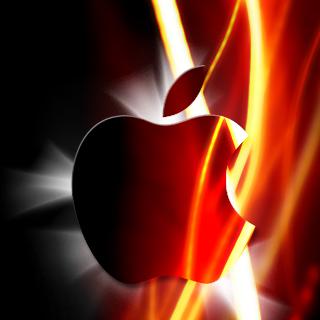Following news earlier this week that Apple had filed a temporary injunction against Samsung’s Galaxy Nexus, a release of the former’s full complaint reveals a broader case against 17 products in total.
In addition to the patents already noted, Apple cites infringements on another four, bringing the total in the lawsuit up to eight.
Samsung in the crosshairs
 The additional patents mean that Apple’s aim is much wider than just the Galaxy Nexus smartphone. The list of allegedly infringing smartphones now includes the Galaxy S II Skyrocket and Epic 4G Touch, the standard Galaxy S II (on both AT&T and T-Mobile), the Illusion, Captivate Glide, Exhibit II 4G, Stratosphere, Transform Ultra, Admire, Conquer 4G, and Dart.
The additional patents mean that Apple’s aim is much wider than just the Galaxy Nexus smartphone. The list of allegedly infringing smartphones now includes the Galaxy S II Skyrocket and Epic 4G Touch, the standard Galaxy S II (on both AT&T and T-Mobile), the Illusion, Captivate Glide, Exhibit II 4G, Stratosphere, Transform Ultra, Admire, Conquer 4G, and Dart.
Two Samsung tablets, the Galaxy Tab 7.0 Plus and Tab 8.9, are also cited, along with two media players, Galaxy Player 4.0 and 5.0.
As Florian Mueller of Foss Patents points out, Apple’s complaint brings entirely new complaints compared to one last year against Samsung, claiming that the problem of infringement has festered and grown.
The complaint reads: “Rather than innovate and develop its own technology and a unique Samsung style for its smart phone and tablet computer products, Samsung has chosen to copy Apple’s technology, user interface, and innovative style in its phone, media player and tablet computer products.”
Mueller stated that the four patents brought up in the earlier case against the Galaxy Nexus were more likely to succeed in the fast track injunction. The additional four, though left out in case Nexus case, still have potential to cause serious harm to Samsung and Google.
A patent on “a universal interface for retrieval of information in a computer system” refers to Apple’s Spotlight search technology and is the second search-focused patent in the case after one relating to Siri. Another claim from Apple concerns interactive elements and functions on missed calls lists.
A third patent allegedly infringed upon is about predictive searching using browser history, potentially causing huge problems for Google and Chrome. And the fourth patent addition from the preliminary injunction relates to background data synchronisation while the data itself is being edited.
Considering the number of products and patents involved, any court decision made will likely not be the final word between the three companies.




